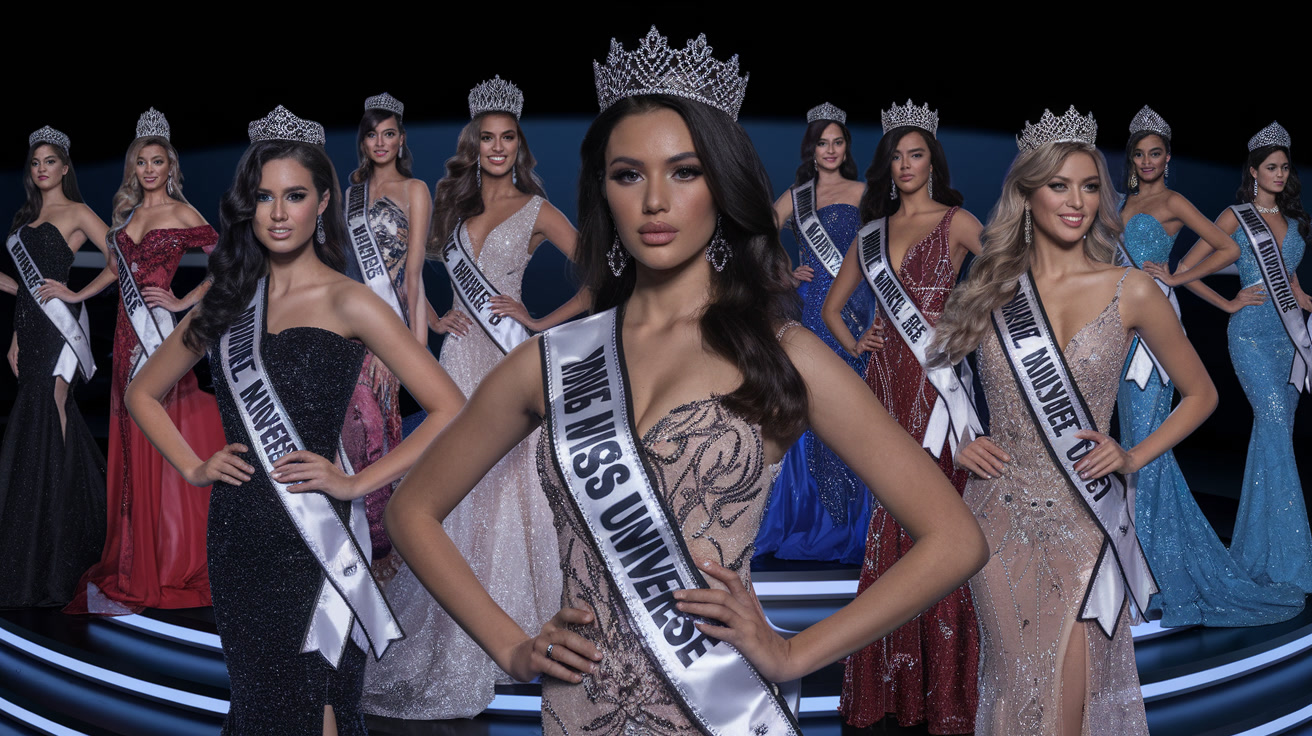Beauty is a concept that has captivated human beings for millennia. It transcends cultures, eras, and personal preferences, often serving as a reflection of our values, ideals, and perceptions. Yet, despite its universal allure, beauty remains an elusive and deeply subjective quality, one that cannot be easily defined or confined to any one category. From the harmony of a classical painting to the raw emotion in a moment of human connection, beauty exists in countless forms, each one touching something deep within us.
At its core, beauty is a form of attraction—a quality that draws us in and compels us to appreciate or even revere the object, person, or scene before us. Traditionally, beauty has been associated with symmetry, proportion, and harmony, often exemplified in art, architecture, and nature. A perfect rose, a well-balanced painting, or a mathematically pleasing design all seem to exhibit an inherent beauty, one that resonates with our sense of order and balance.
However, beauty is not confined to the physical or aesthetic realm. It can also be found in acts of kindness, in the resilience of the human spirit, and in moments of profound emotional connection. The beauty of a compassionate gesture, the tenderness between two people, or the courage to stand up for what is right, all carry an intrinsic beauty that goes beyond the surface. These instances often evoke a deeper, more lasting appreciation, one that lingers far longer than the fleeting visual pleasure of an attractive appearance.
Modern discussions of beauty often challenge traditional notions, arguing that beauty is not merely something to be seen, but something to be experienced and understood. The concept of inner beauty—qualities such as kindness, integrity, and empathy—has gained prominence as society increasingly values depth and character over outward appearance. This evolution in thought reflects a growing recognition that true beauty cannot be reduced to the external. It is multi-dimensional, encompassing both the external and the internal, the seen and the unseen.
In a broader sense, beauty also plays a pivotal role in shaping our worldviews. It influences art, culture, and even politics. From the Renaissance to contemporary movements, the idea of beauty has shaped how we perceive the world around us. It drives innovation, fuels creativity, and inspires new ways of thinking. The pursuit of beauty has given rise to countless masterpieces, from the architectural wonders of the ancient world to the digital artistry of today’s technological age.
Ultimately, beauty is a reflection of our deepest values, emotions, and desires. It is both a personal and a collective experience—something that we seek, create, and celebrate. Whether it is a fleeting moment of visual harmony or a profound emotional encounter, beauty is a reminder of the richness and complexity of the human experience, encouraging us to look deeper and appreciate the world in all its many forms.






